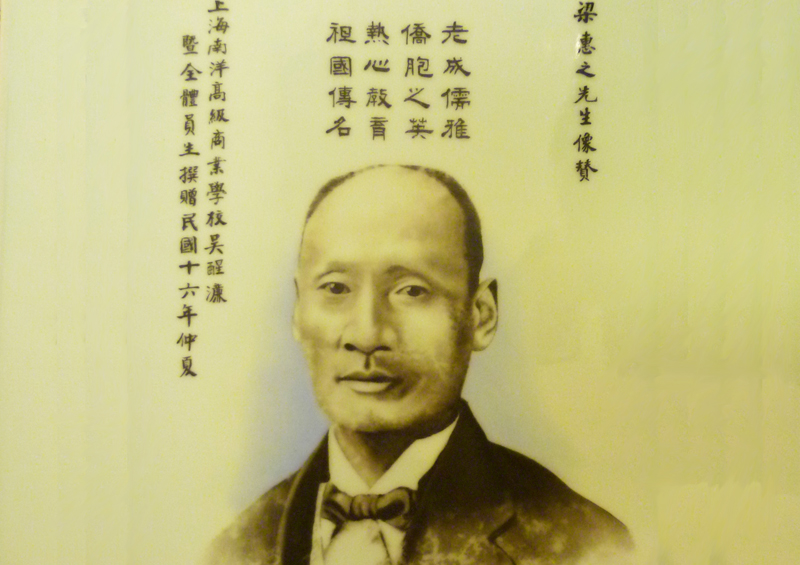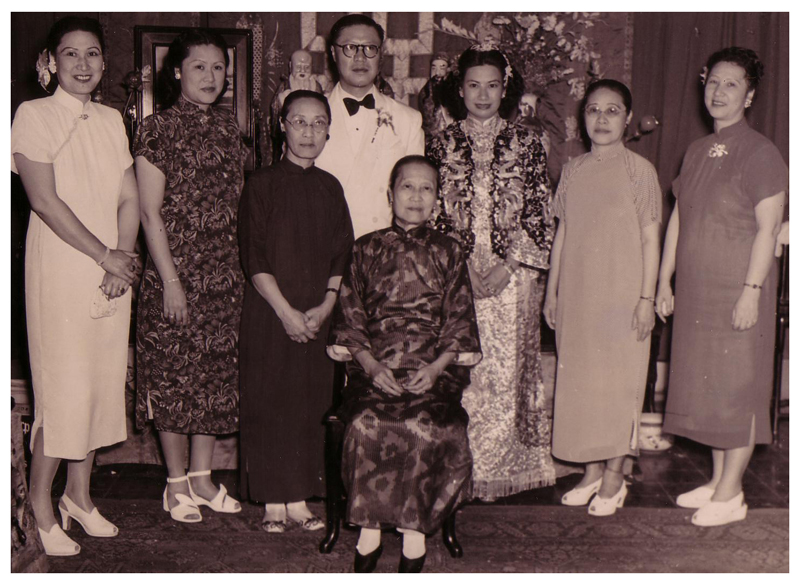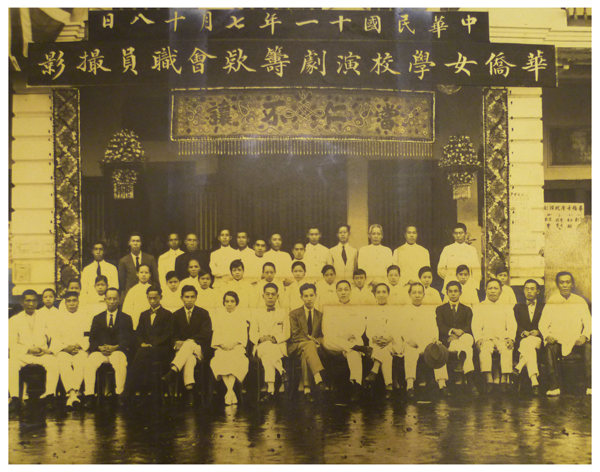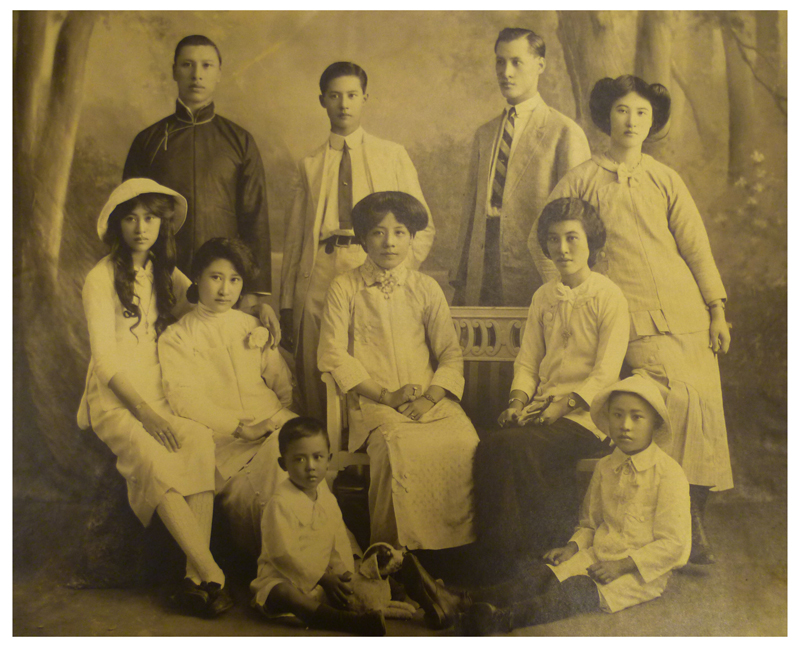| |
論文摘要:
Poverty is the greatest threat to child well-being in the world. Children living in poverty experience deprivation of the material, spiritual and emotional resources needed to survive, develop and thrive, leaving them unable to enjoy their rights, achieve their full potential or participate as full and equal members of society (UNICEF 2005). Yet, not until the 1990s Taiwan began actively developing child welfare policy to ensure that every child has a safe and nurturing childhood.
Universal health coverage is a critical component of poverty reduction, particularly for children. Under considerable domestic pressure, the Taiwan government inaugurated a compulsory universal health insurance scheme on 1 March 1995. This National Health Insurance clearly identifies three objectives: to provide equal access to adequate health care for all citizens; to control health care costs at a socially affordable level; and to promote efficient use of health care resources. In order to achieve the three objectives, Taiwan's NHI has been implemented with the five major strategies: universal coverage, payroll tax financing, comprehensive benefits, public single payer, and national global budget. For the past 19 years, Taiwan's NHI not only has closed the rich and poor gap in access to health care by removing financial barriers, but also has helped to break the shackles of poverty through the risk pooling mechanism of social insurance. Today, most of people in Taiwan are very much happy with the NHI.
To measure the contribution of Taiwan's NHI to poverty reduction, we followed OECD's operational definition of child poverty. A child under age 18 is considered to be poor if the income available to that child, assuming a fair distribution of resources within the family and making allowances for family size and composition, is less than half the median income available to a child growing up in that society.
Using data from the family income and expenditure survey, we found that the child poverty rate before taxes and transfers in Taiwan has been continuously increasing from 6.59% in 1980 to 11.75% in 2010, as compared to maintaining a range of 4-7% after taxes and transfers (5.8% in 2010). Importantly, taxes and transfers have contributed very little to child poverty in Taiwan before the introduction of National Health Insurance. In the beginning years, the contribution of Taiwan's NHI reached more than 60%, but the comparable figure has declined to 24% in 2010.
In conclusion, the National Health Insurance has made a significant contribution to child poverty reduction in Taiwan although there remain many children living in poverty.
|
.jpg)







